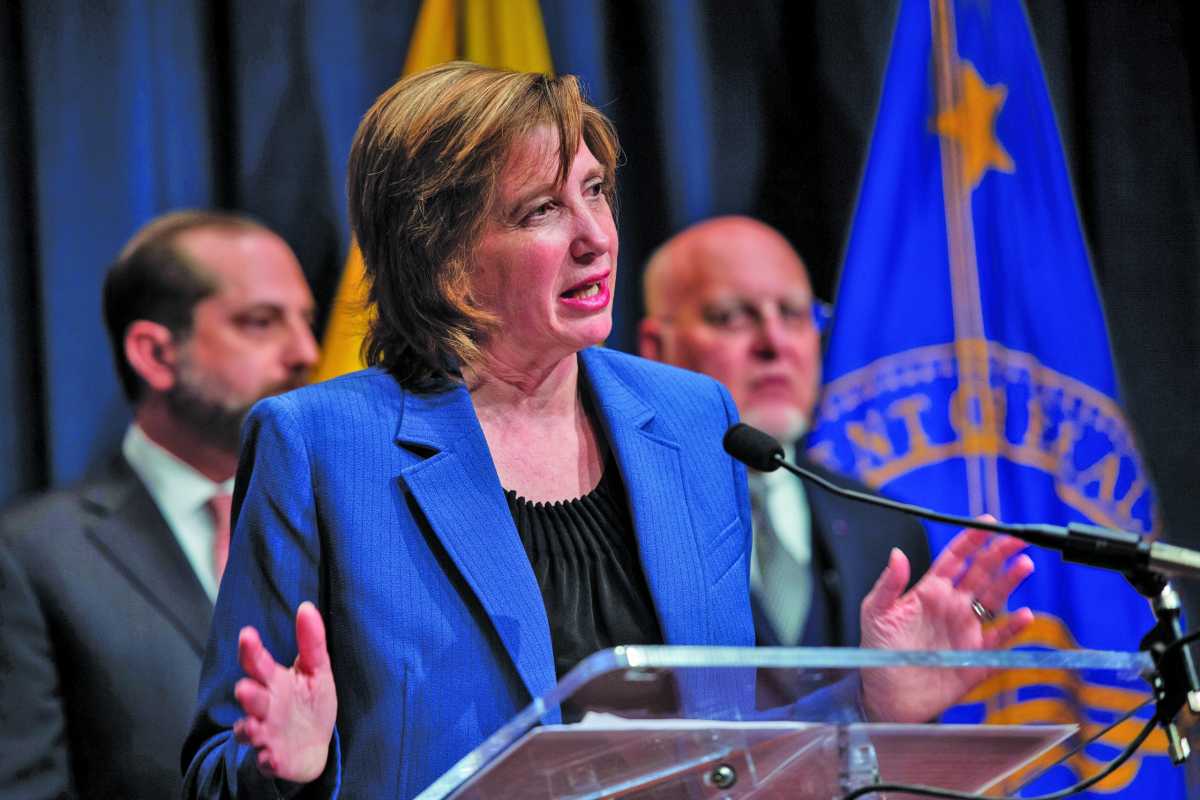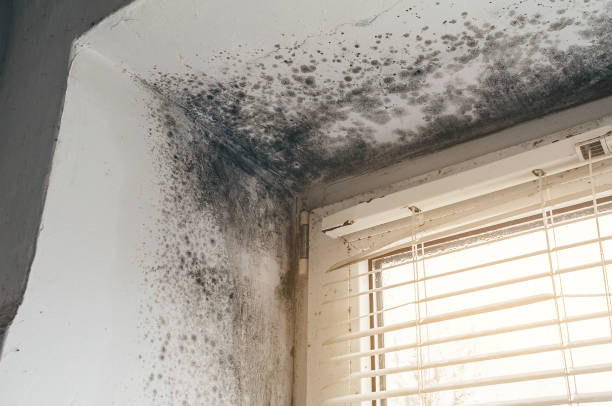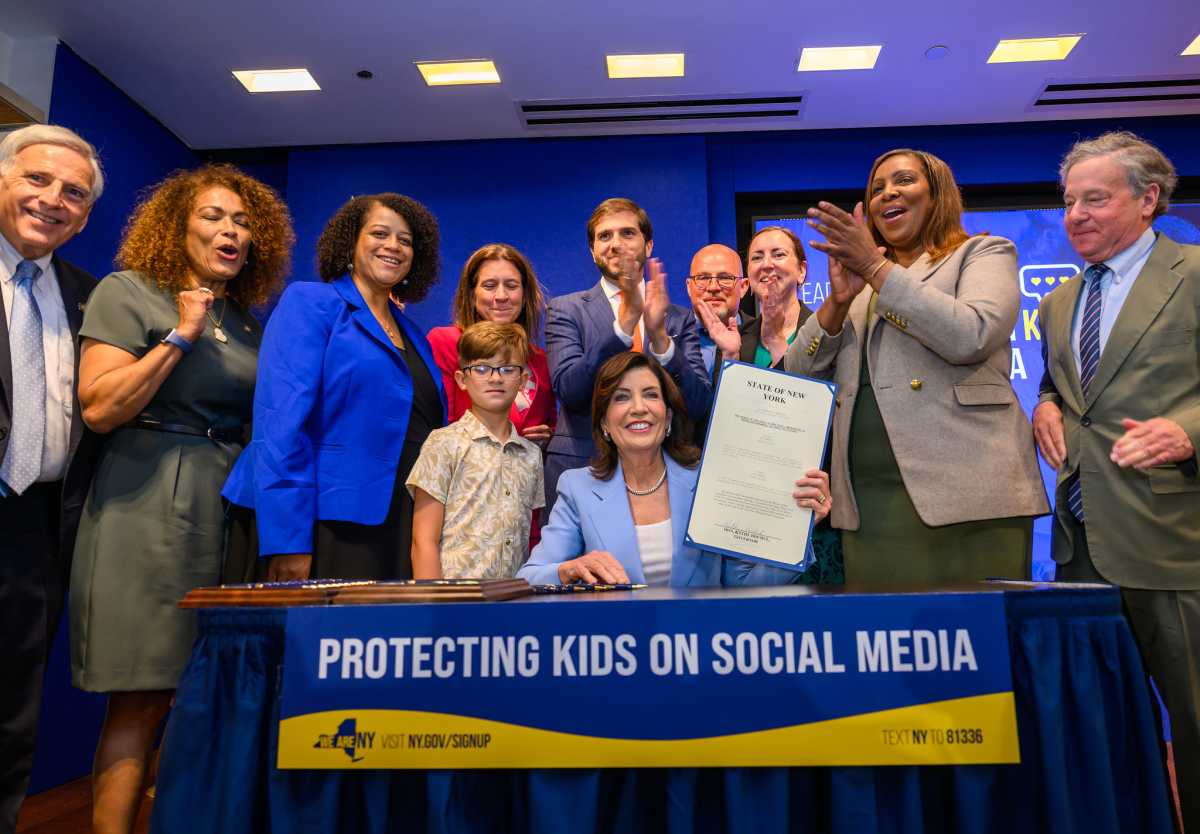The U.S. Centers for Disease Control and Prevention (CDC) on Tuesday alerted Americans to begin preparing for the spread of coronavirus in the United States after infections surfaced in several more countries.
The announcement signaled a change in tone for the Atlanta-based U.S. health agency, which had largely been focused on efforts to stop the virus from entering the country and quarantining individuals traveling from China.
“The data over the past week about the spread in other countries has raised our level of concern and expectation that we are going to have community spread here,” Dr. Nancy Messonnier, the CDC’s head of respiratory diseases, told reporters on a conference call.
What is not known, she said, is when it will arrive and how severe a U.S. outbreak might be. “Disruption to everyday life might be severe” and businesses, schools and families should begin having discussions about the possible impact from the spread of the virus, Messonnier cautioned.
In a teleconference later on Tuesday, Dr. Anne Schuchat, the CDC’s principal deputy director, said that while the immediate risk in the United States was low, the current global situation suggested a pandemic was likely.
“It’s not a question of if. It’s a question of when and how many people will be infected,” Schuchat said.
Separately, U.S. Health and Human Services (HHS) Secretary Alex Azar told a Senate subcommittee there will likely be more cases in the United States, and he asked lawmakers to approve $2.5 billion in funding to fight the outbreak after proposing cuts to the department’s budget.
“While the immediate risk to individual members of the American public remains low, there is now community transmission in a number of countries, including outside of Asia, which is deeply concerning,” Azar said, adding that recent outbreaks in Iran and Italy were particularly worrying.
Global financial markets have been hit hard, as Wall Street’s three major stock indexes fell 3% on Tuesday as the coronavirus spread further around the world and investors clamored for safety a day after the S&P 500’s and the Dow Industrials’ biggest daily declines in two years.
It did not help matters when the Associated Press reported that a senior member of the International Olympic Committee said organizers are more likely to cancel the 2020 Olympics than to postpone or move it if the coronavirus makes it too dangerous to hold in Tokyo.
As a result the S&P was on track for its biggest 2-day percentage drop since August 2015. Fears of a pandemic had knocked off more than 3% on Monday and erasing the S&P 500 and the Dow’s gains for the year-to-date.
The White House’s top economic adviser, Larry Kudlow, said the U.S. economy would be able to ride out any disruption from the global spread of coronavirus, adding that he did not expect the Federal Reserve to cut interest rates to blunt the disease’s economic impact.
U.S. Senator Chuck Schumer, however, said Republican President Donald Trump and his administration had been caught “flat-footed” and lacked a comprehensive plan to deal with the coronavirus. He called for at least $3.1 billion in additional funding to fight it.
“The Trump administration has shown towering and dangerous incompetence when it comes to the coronavirus,” said Schumer, the Senate’s top Democrat. “Mr. President, you need to get your act together now. This is a crisis.”
Although the World Health Organization says the epidemic has peaked in China, coronavirus cases have surfaced in about 30 other countries, with some three dozen deaths reported, according to a Reuters tally.
Growing outbreaks in Iran, Italy and South Korea have raised concerns that coronavirus will surface in other nations and worsen in those that have already reported infections, further denting a global economy that had already been hit by a dependence on China.
Dr. Anthony Fauci, the head of the National Institute of Allergy and Infectious Diseases, said it would be at least a year before a coronavirus vaccine could be made available to the public.
But Fauci said testing Gilead Sciences’ antiviral drug remdesivir for potential treatment of coronavirus could be done in a “reasonable amount of time.”
U.S. Secretary of State Mike Pompeo told reporters that Iran may have covered up information about the spread of coronavirus there, and he accused China of mishandling the epidemic through its “censorship” of media and medical professionals.





































